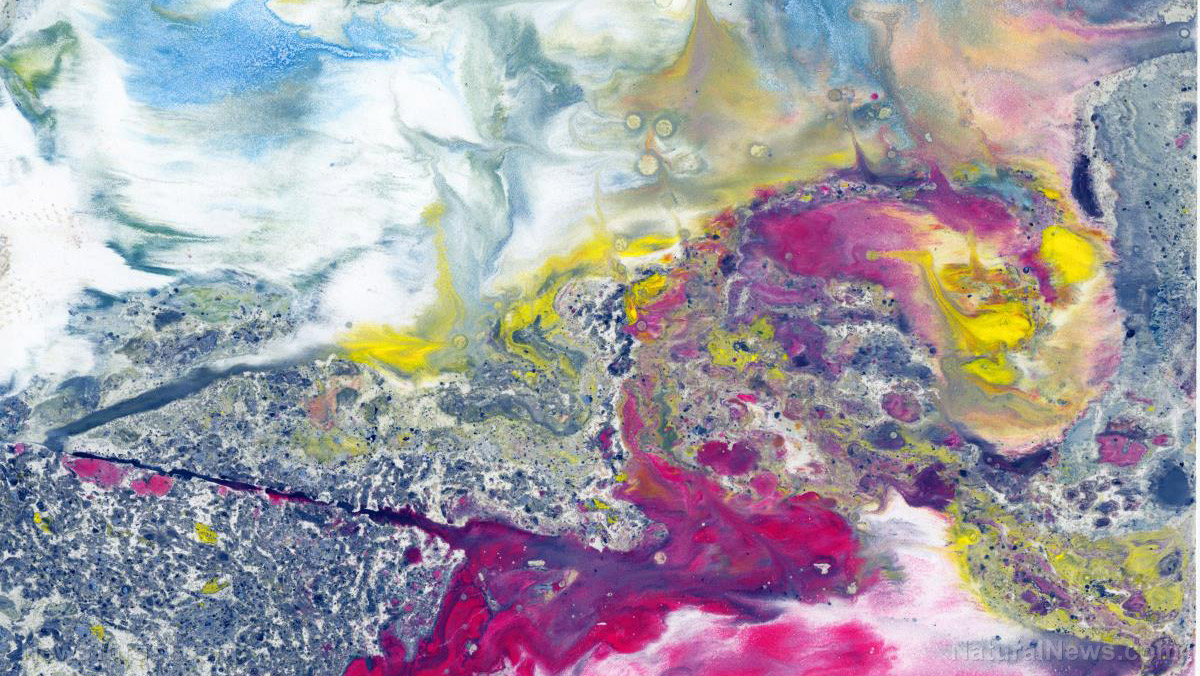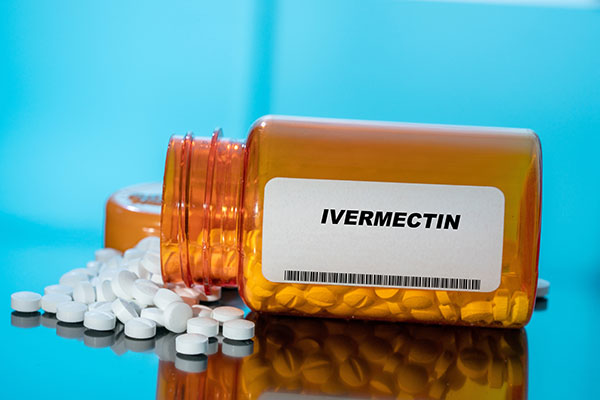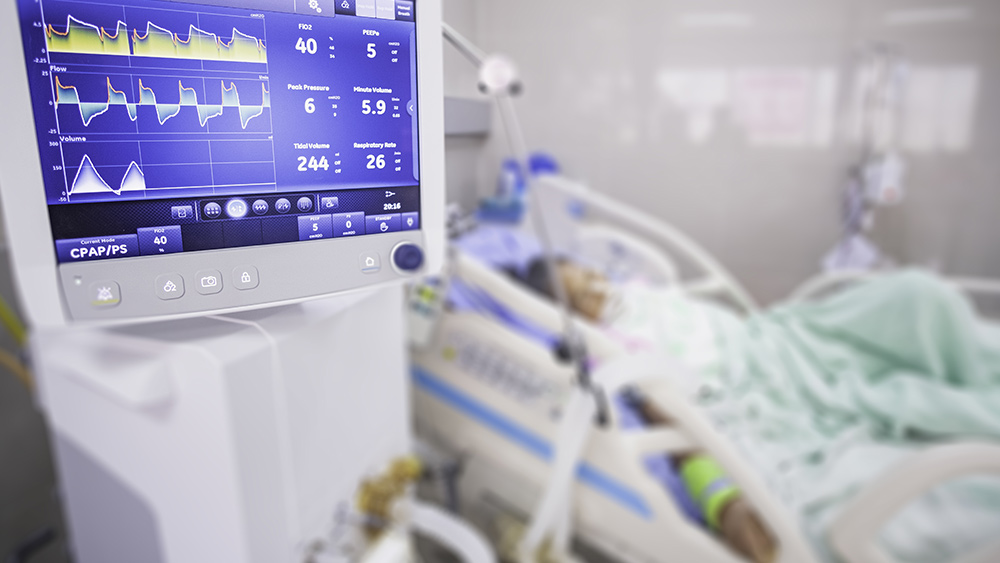
Pharmaceutical giant Eli Lilly has reneged on its promise to exempt employees with valid health or religious reasons from the company's Wuhan coronavirus (COVID-19) vaccine mandate.
Mandy Van Gorp lost her confidence in her employer of 18 years when the company denied her application for a medical exemption despite presenting a doctor's note in support of her request. She later tested positive for COVID-19 and appealed for a six-month deferral on grounds of the test result, but the company also denied her appeal. When Van Gorp raised religious concerns, Lilly said she missed the application deadline.
Van Gorp is not the only one with this experience in the company. More than a dozen other former Lilly employees recounted how the company's vaccine mandate and strict reinforcement of the rules pushed them out of their jobs, and consequently, their health insurance. (Related: FDA has granted "emergency-use authorization" to Eli Lilly's coronavirus antibody treatment.)
Others lost out of stock options and severance packages, and there are those who struggled to collect unemployment benefits, claiming that Lilly misrepresented their dismissals to state offices. Salespersons who won exemptions were also effectively dismissed when the company pushed them toward roles in which they will no longer have direct contact with the public, or jobs that require little to no training and will allow them to relocate in some instances.
When presented with questions regarding its mandates, Lilly said they are in support of vaccination as "guided by science."
Employees reject vaccine for ethical and scientific reasons
Lilly is one of the many major corporations that publicly announced vaccine mandates for their employees, although specific policies have been imposed privately.
The objections of some employees illuminated a trend that is seen across the healthcare industry. Somehow, those whose careers are rooted in science and professional training are the most resistant to vaccines. Lilly employees were in the business of manufacturing and selling drugs, including monoclonal antibodies that are used in the treatment of COVID-19.
The company announced its vaccine mandate in August 2021, declaring those "who do not meet this requirement, or do not have an approved religious or medical accommodation in place by November 15 will be separated from the company."
But Lilly promised to consider medical or religious accommodations on an individual basis.
Lilly also told its salespeople, who were allowed back in the field in March 2021, that those who received an exemption will remain secure in their jobs – although they were instructed to "follow the direction of the customer and/or healthcare facility they are visiting, which could require mandatory vaccinations, masking, negative test, etc."
Some employees approved of the mandate, but others immediately pushed back, raising concerns from ethical to scientific.
"Even though I'm vaccinated, I think that as a company who makes medicine and is fully aware of the amount of time it generally takes to get even non-life-saving drugs tested and approved, this move makes no sense and goes against the safety and quality commitment Lilly tries to instill in its employees," an employee said. (Related: Eli Lilly monoclonal antibody drug trial paused over safety concerns.)
Another noted that the policy ignored evidence of protection provided by the previous infection. "The science of immunity from natural infection is being ignored, which is super disappointing considering we are a science-based company which developed an antibody treatment from those recovered."
The employee was talking about the company's multiple monoclonal antibody treatments, which aim to neutralize active infections of COVID-19.
Follow Vaccines.news for more information about vaccine mandates in private companies.
Watch the video below about a Minnesota nurse revealing an internal memo telling clinicians not to offer medical exemptions for COVID-19 vaccine.
This video is from the OP News channel on Brighteon.com.
More related stories:
FDA criticized for restricting the use of COVID antibody treatments.
American Journal host Harrison Smith slams “racist” monoclonal antibodies treatment for COVID-19.
Now New York is refusing monoclonal antibodies for white people.
Sources include:
Please contact us for more information.





















